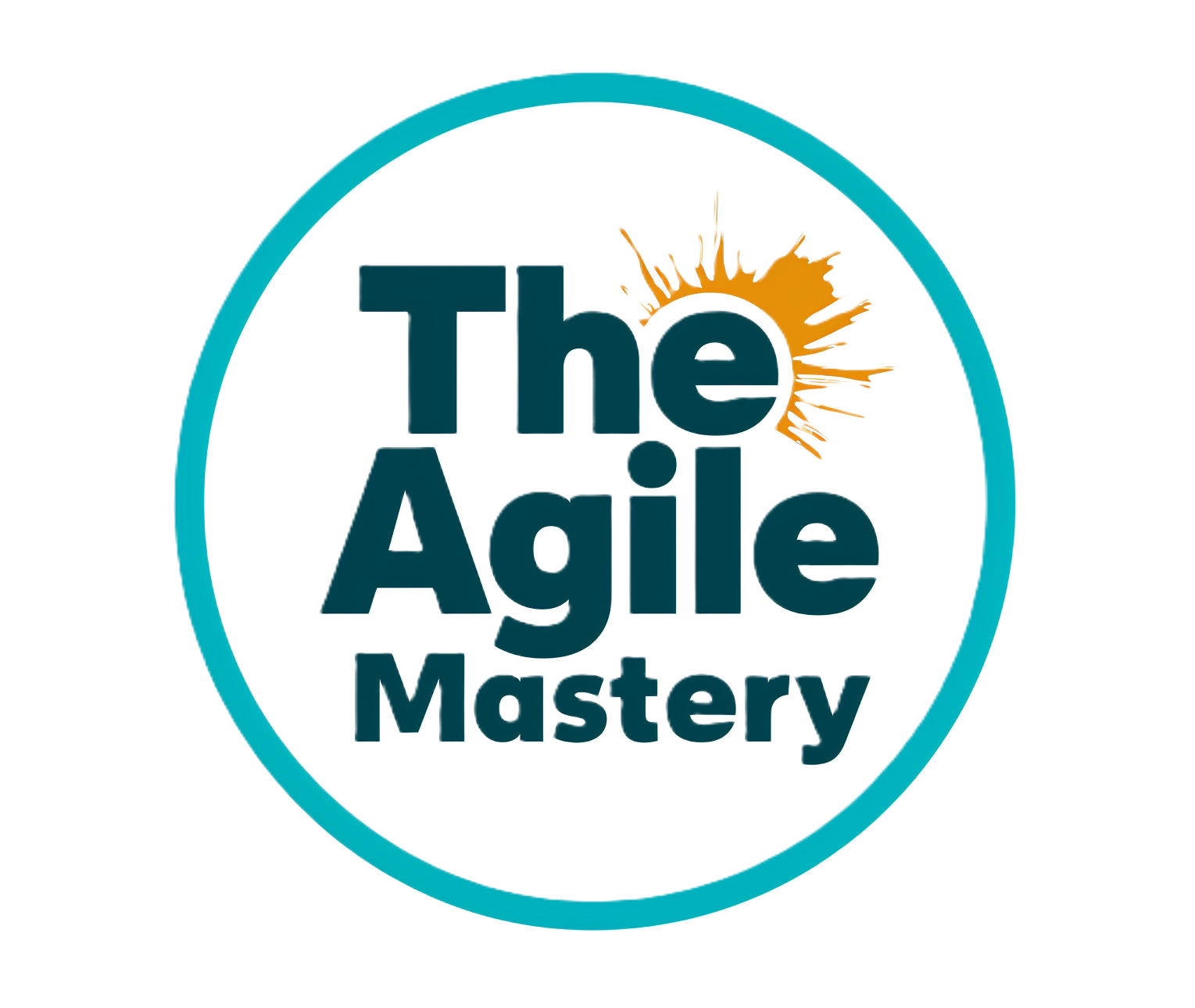In the ever-evolving landscape of project management methodologies, Scrum has emerged as a powerful framework that promotes collaboration, adaptability, and continuous improvement. At the heart of the Scrum framework is the Scrum Master – a pivotal role responsible for guiding teams towards success, fostering a culture of agility, and overcoming obstacles that stand in the way of achieving goals.
The Role of a Scrum Master
A Scrum Master is not merely a manager but a leader who serves the development team, the Product Owner, and the organization as a whole. Their primary focus is on facilitating and coaching, ensuring that the Scrum framework is understood, embraced, and effectively implemented.
Responsibilities of a Scrum Master:
- Facilitator of Scrum Events: The Scrum Master orchestrates essential ceremonies like Sprint Planning, Daily Standups, Sprint Reviews, and Retrospectives. They ensure these events are conducted effectively and remain focused on achieving the intended outcomes.
- Removing Obstacles: A Scrum Master acts as a shield against impediments that hinder the team’s progress. They actively work to identify and eliminate obstacles, ensuring that the team remains in a state of flow.
- Promoting Self-Organization: The Scrum Master empowers the development team to make decisions and take ownership of their work. They guide the team towards self-organization and help build a culture of accountability.
- Coaching and Mentoring: A Scrum Master provides guidance on Agile practices, fosters continuous improvement, and encourages the team to embrace Agile principles. They mentor team members and help them refine their skills.
- Ensuring Transparency: Transparency is crucial in Scrum. The Scrum Master ensures that information, progress, and challenges are transparent to all stakeholders, promoting open communication.
- Safeguarding Scrum Values: Scrum values such as commitment, courage, focus, openness, and respect are upheld by the Scrum Master. They model these values and ensure they are woven into the team’s actions.
Influencing Team Success
A Scrum Master plays a pivotal role in steering teams towards success by fostering an environment of collaboration, continuous improvement, and adaptability.
- Enhancing Collaboration: By facilitating open communication and encouraging cross-functional collaboration, the Scrum Master nurtures an environment where team members contribute their diverse skills to achieve collective goals.
- Continuous Improvement: Through retrospectives and frequent feedback loops, the Scrum Master guides the team in reflecting on their processes and identifying areas for improvement. This leads to iterative enhancements and more efficient workflows.
- Adapting to Change: The Scrum Master equips teams to embrace change, ensuring they are agile enough to respond to evolving requirements and market demands. This adaptability helps teams stay relevant and competitive.

The Ideal Scrum Master Candidate
The best candidate for the Scrum Master role possesses a unique blend of interpersonal, coaching, and leadership skills. Effective Scrum Masters are:
- Empathetic: They understand team dynamics and individuals’ needs, ensuring a supportive environment where everyone can thrive.
- Collaborative: They foster teamwork, facilitate collaboration, and bridge communication gaps between team members and stakeholders.
- Influential: They inspire and guide the team towards aligning their efforts with Agile values and principles.
- Adaptable: Agile environments are dynamic, and Scrum Masters should be comfortable navigating change and uncertainty.
Scrum Masters navigate a complex terrain, in their daily work face plenty challenges coming from various places. The most common ones could be shortlisted as:
- Resistance to Change: Convincing teams and stakeholders to adopt Agile practices can be met with resistance, requiring adept communication and coaching skills.
- Overcoming Dysfunctions: Addressing team conflicts, silos, or lack of alignment requires finesse and emotional intelligence.
- Balancing Roles: Scrum Masters need to strike a balance between being a leader who serves and facilitating the team’s self-organization without imposing their authority.
In the grand tapestry of Agile methodologies, the Scrum Master is the thread that stitches together collaboration, adaptability, and continuous growth. By championing the Scrum values and guiding teams towards success, they play a pivotal role in transforming projects into triumphs. Its one step forward to The Agile Mastery

6 replies on “Role of a Scrum Master in the Scrum Framework”
[…] Roles: Ensure that roles like Product Owners, Scrum Masters, and Agile Coaches are well-defined and scaled to support multiple teams. These roles play a […]
[…] Scrum Master: […]
[…] Scrum Master: Facilitates the Scrum process, ensures adherence to Scrum principles, and removes obstacles. […]
[…] Roles: Ensure that roles like Product Owners, Scrum Masters, and Agile Coaches are well-defined and scaled to support multiple teams. These roles play a […]
[…] Scrum Master: […]
[…] Scrum Master: Facilitates the Scrum process, ensures adherence to Scrum principles, and removes obstacles. […]